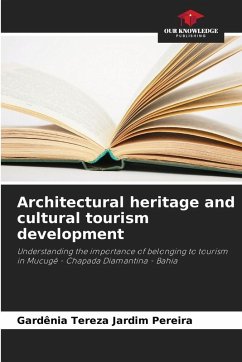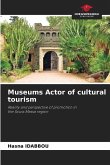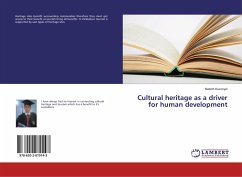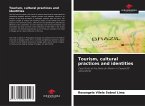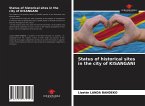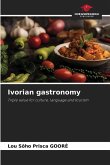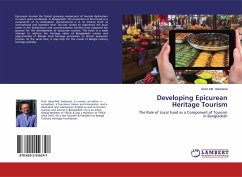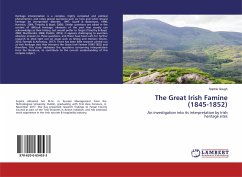Tourism is an activity that's inseparable from the human condition, given its importance in offering experiences that transform/improve. An organized practice since the industrial revolution, in postmodern society the Grand Tour has come to be conceived as both here and there. Travel by the European elites has become accessible to the masses. However, the masses, for the sake of quantification here, now desire not only the sun and the sea, but also the culture, history, and memory of the place. A place of houses, mansions, cottages, burrows, madhouses, mausoleums... From the colonel's house to the Fecha Nunca cabaret. Houses that "speak," that "walk," and that resist time, thus bringing to life the memory of the city of Mucugê in Chapada Diamantina, Bahia. From mining to slavery, the ever-present lives lived between alcoves and backyards. With threshing floors, edges, or triple edges... Specific terms that help us understand the relationships between God, man, and architecture, and thus the notion of belonging that is established.
Bitte wählen Sie Ihr Anliegen aus.
Rechnungen
Retourenschein anfordern
Bestellstatus
Storno

